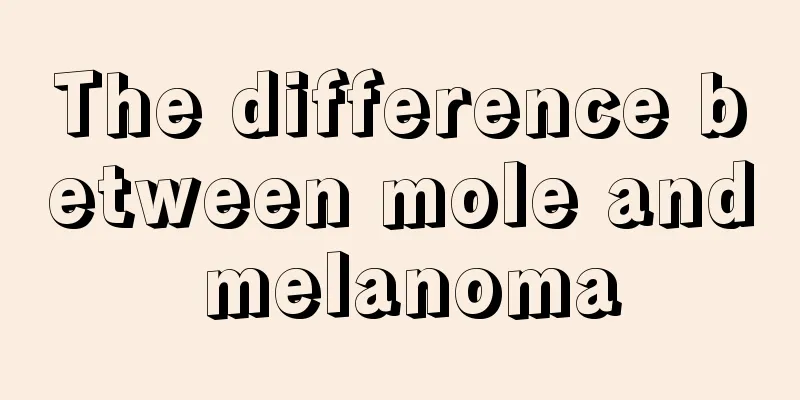What are the wonderful uses of Polygonum multiflorum

|
Polygonum multiflorum is a slender herb that is perennial. When Polygonum multiflorum matures, the root tuber at the end becomes enlarged and appears reddish brown or dark brown. Regular use of Polygonum multiflorum can resist aging and prevent free radical damage to the body, especially since Polygonum multiflorum ingredients are added to many cosmetics, which can keep the skin young. In addition, using Polygonum multiflorum can also improve the body's immune ability. Polygonum multiflorum can antagonize the thymic atrophy and degeneration of mice caused by the immunosuppressants hydrocortisone or prednisolone, increase the weight of the thymus, adrenal glands, spleen and abdominal lymph nodes, increase the total white blood cell count, and promote the phagocytic function of peritoneal macrophages. Polygonum multiflorum can delay thymus degeneration that occurs with aging, which may be an important mechanism for delaying aging and improving the body's immunity. In addition, Polygonum multiflorum can increase the content of thymic nucleic acid and protein, delay the age-related degeneration of the thymus in elderly rats, promote the significant reversal of changes in the thymus ultrastructure of elderly mice, and significantly increase the phagocytic index of peritoneal macrophages in mice, thereby improving the body's nonspecific immune function. The distilbene glycoside component contained in Polygonum multiflorum has a significant antagonistic effect on fatty liver and liver function damage caused by peroxidized corn oil in rats, increased liver lipid peroxide content, and increased serum alanine aminotransferase and aspartate aminotransferase. It can also significantly reduce serum free fatty acids and liver lipid peroxides. The main active ingredient in Polygonum multiflorum: diphenylethylene glycoside has a significant antagonistic effect on the decrease in neuronal cell survival rate and the increase in lactate dehydrogenase leakage caused by β-amyloid protein and hydrogen peroxide. And its neuroprotective effect increases with increasing dose. It is suggested that diphenylethylene glycosides have a certain effect on the prevention and treatment of neurodegenerative diseases such as Alzheimer's disease. Of course, the effects of Polygonum multiflorum are not limited to this. Soaking Polygonum multiflorum in water, this liquid has a certain antibacterial effect on Staphylococcus aureus and Salmonella typhi, as well as beta-hemolytic Streptococcus and Staphylococcus albus. Traditional Chinese medicine believes that Polygonum multiflorum has the effects of calming the mind and nourishing blood, and is a common Chinese medicinal material. |
<<: What are the magical uses of lotus leaves
>>: What are the magical uses of expired facial masks
Recommend
Can okra be frozen and stored?
If you buy a lot of okra at one time, you may not...
What is the effective dietary treatment for insomnia?
Insomnia is a problem that bothers many people, a...
Symptoms of osteosarcoma in children
If your child has severe symptoms of osteosarcoma...
How to deal with peanuts growing mold
In fact, many people often eat foods that are hig...
What are the hazards of isolation to the human body
Cadmium is an important metal, but it can cause g...
Why does the scalp itch when it gets hot? Here are some of the major factors causing it
When the weather is hot, you will sweat, which wi...
The hazards of microwave therapy device
With the development of science and technology, t...
How to regulate the diet for fibroids
How do you get fibroids? Medical science has not ...
Is 38 degrees considered a fever?
If we measure our body temperature, is 38 degrees...
How many years can you survive if bone cancer is cured
How long can a patient live after bone cancer is ...
How to distinguish between animal cream cake and plant cream cake
With the continuous progress of human society, pe...
Is lymphoma contagious?
For diseases like lymphoma, only timely detection...
Can babies in confinement use diapers?
After the baby is born, parents will buy diapers ...
What are the prognostic methods for lymphoma? What are the factors that affect prognosis?
The incidence of lymphoma ranks 11th to 13th amon...
If you have bone cancer, you may have some unexplained back pain
If you have bone cancer, you may have some unexpl...









